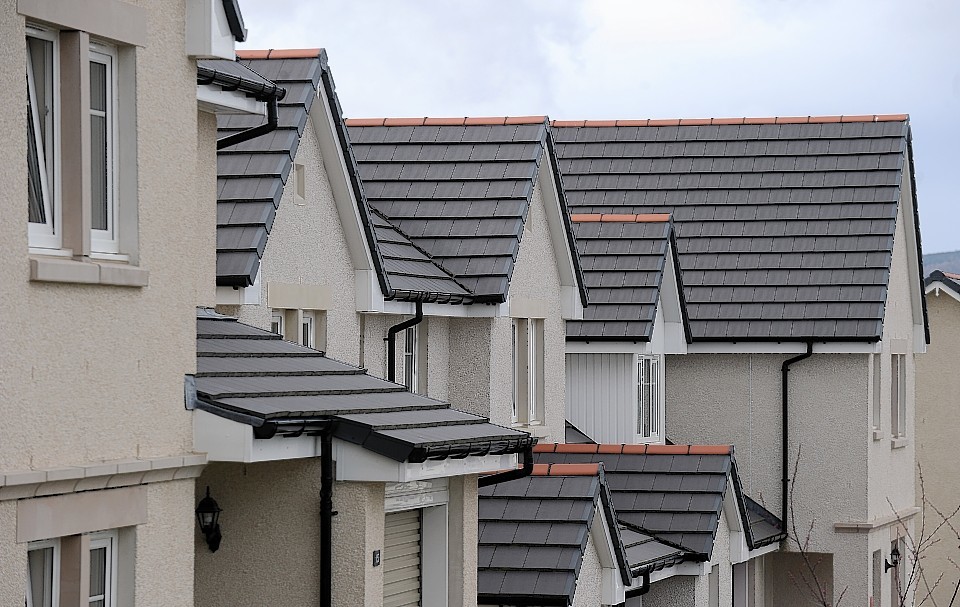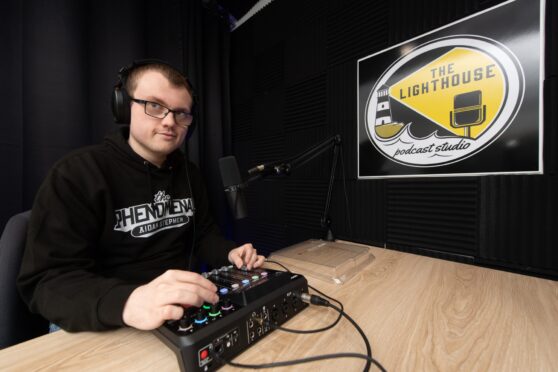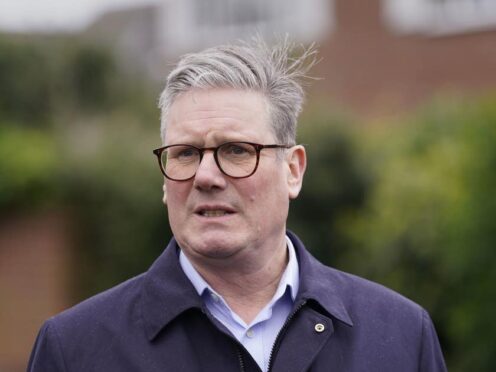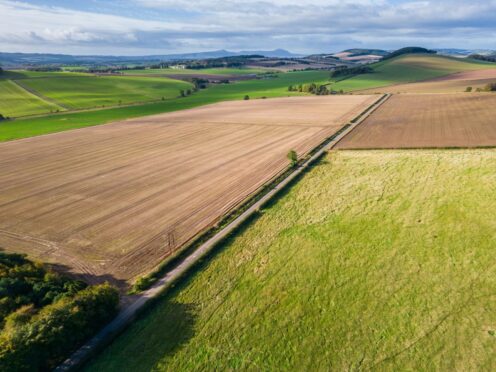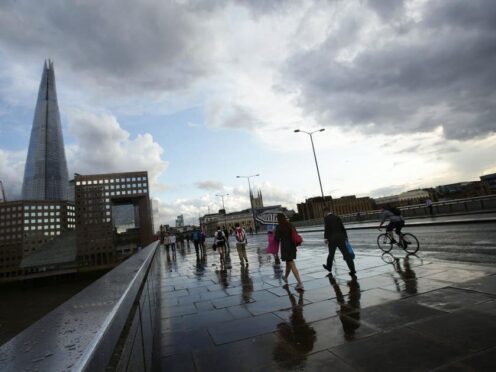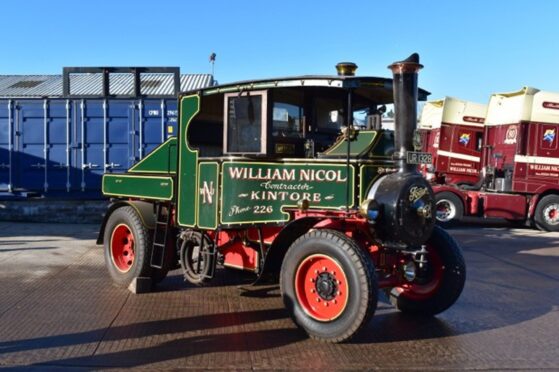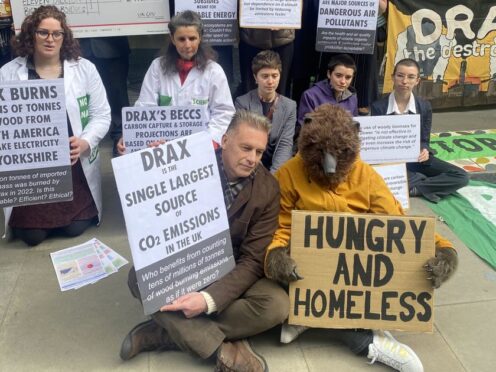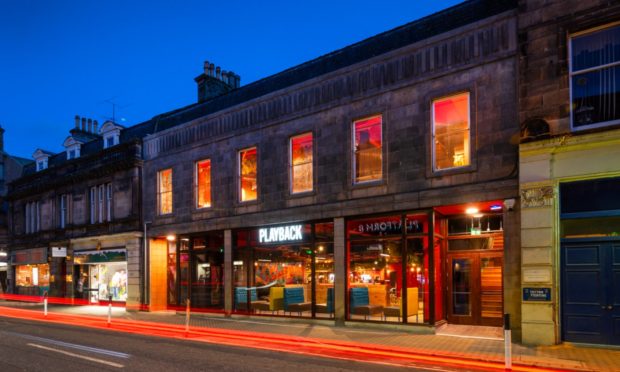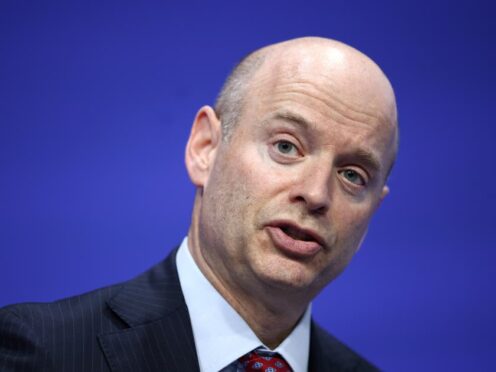Aberdeen is the easiest place in the UK to move up the housing ladder, according to new research from uSwitch.com.
The price comparison site and switching service said yesterday the Granite City was at the top of its list of towns and cities for moving onto the next rung, thanks to its faster growing prices for flats.
A uSwitch.com spokeswoman added: “Currently, flat prices are increasing more than house prices by 10%.
“This is giving those who are looking to move onto the next rung of the housing ladder a better opportunity to buy a house by using the equity they’ve amassed on their flat.”
With Aberdeen flat prices rising by nearly 60% since 2006, compared with a 47% increase for houses, according to uSwitch.com, Europe’s energy capital has the biggest gap favouring a move up the chain.
House price growth across the UK has shot up by 21% in the past 10 years, while flat prices have only increased by 15%, making it difficult for many people to move up the property ladder, uSwitch.com said.
The research also found that nearly half (44%) of UK homeowners rely on equity tied up in their current home to buy a bigger property.
Bob Fraser, senior property partner at Aberdeen-based law firm Aberdein Considine, said: “The oil downturn and the impact that has had on the north-east economy has undoubtedly created a buyer’s market in the north-east.
“This is mainly down to the volume of property which has come on the market since the run of the year.
“However, homes and flats below £200,000 continue to sell well and that end of the market has not been affected in the same way as the top end.
“First time buyers and those looking to move up the property ladder are finding this has created a favourable market for them – particularly the latter, who are able to now buy a house by using the equity they’ve amassed on their flat.”
